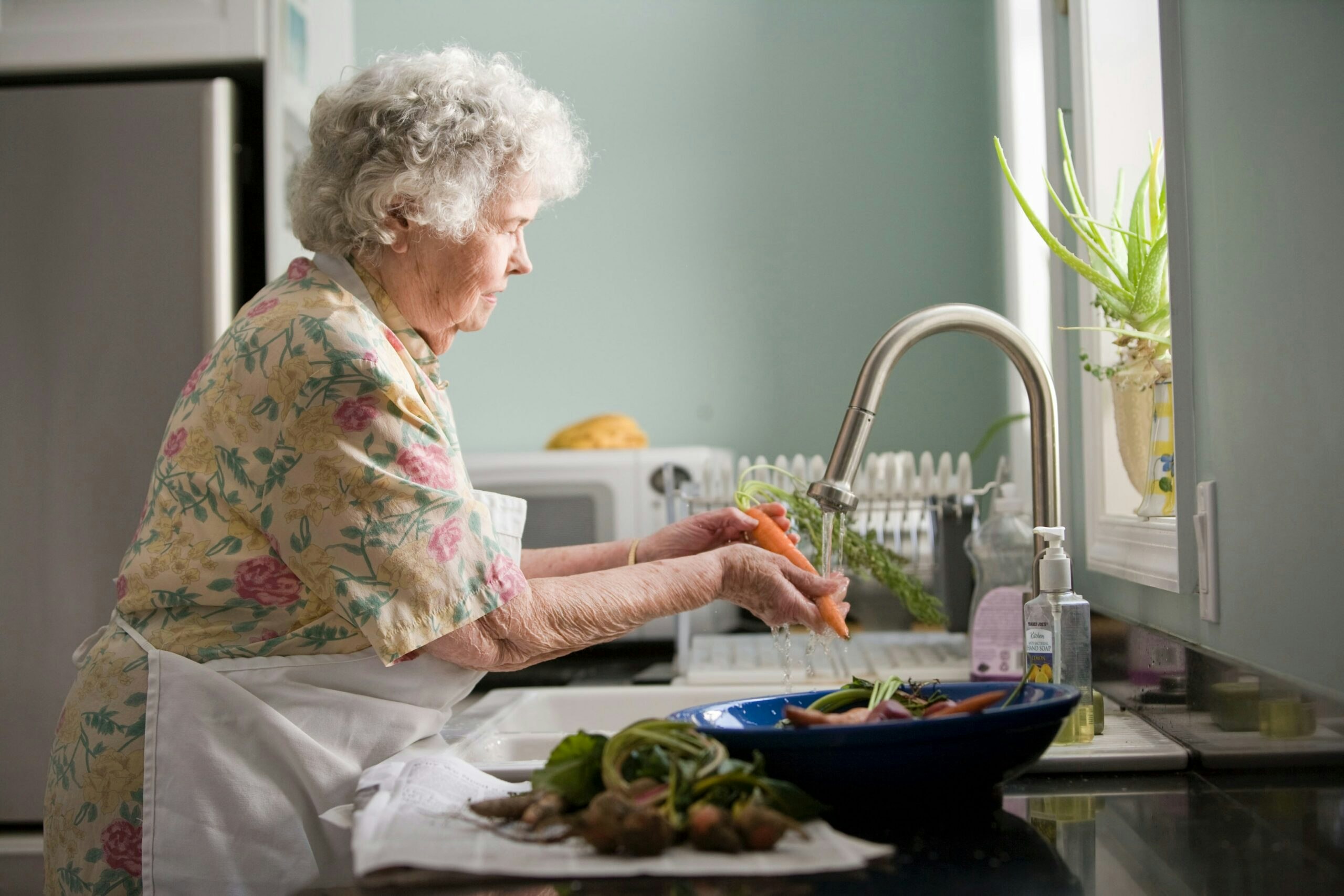Malnutrition and Cancer: A Losing Game
Oct 12, 2021
Share

Many of us may want to shed a few pounds to look and feel better, but losing weight without trying is a red flag that something unusual is going on in your body. This is a sign to go see your doctor as unintentional weight loss could be a sign that you are malnourished, a condition with many consequences – especially if it comes alongside a cancer diagnosis.
What is Malnutrition?
Malnutrition is when you are getting either too much or too little nutrition in the body, causing the body to not function or perform properly. In the case of cancer, this is caused almost always by too little nutrition. This can be because the tumor is using up extra energy or because side effects of your cancer treatment are causing you to not eat or drink enough. Cancers such as head and neck, stomach, pancreatic and colorectal have the highest risk of malnutrition because they affect eating, drinking and digestion but research estimates that 30% to 85% of all cancer patients will experience malnutrition at some point¹. Malnutrition’s key signs are losing weight without trying, loss of appetite, and muscle weakness.
What are the Effects of Malnutrition?
Being malnourished is something to be avoided as it can lead to decreased ability to tolerate treatment and sometimes stopping treatment early. It also reduces the strength of the immune system and slows wound healing, which is especially bad if you require surgery to remove a tumor. Overall, it has a negative effect on your quality of life by making you more tired and weak and could lead to longer stays in the hospital. This condition increases mortality, with the National Cancer Institute reporting that up to 1 in 5 cancer deaths are related to malnutrition¹.
How Do You Prevent and Treat Malnutrition?
The most important way to prevent malnutrition is to eat! Sounds easy enough, but if you are having symptoms which affect your appetite, your energy level, or the way your body feels, it can be very hard to get enough to eat. There are many ways to meet this challenge, here are a few main points:
- Graze all day: Keep snacks around the house and have a bite or two every hour rather than trying to have three large meals a day as usual
- Make every bite count: If you don’t feel like eating often, make sure when you do it has the most nutrition possible. Choose high fat, high protein snacks like trail mix, protein shakes, or whole fat dairy foods such as cottage cheese and Greek yogurt to keep your energy level up
- Maintain strength: Aim for protein intake each time you eat to make sure your muscles stay strong. Protein can come from animal sources (chicken, fish, turkey, lean beef, dairy) as well as plants (nuts, seeds, soy)
- Eat when hungry: If you know you are hungrier in the morning than at night, take advantage of that fact! Make sure you have a king-sized breakfast to make up for a lighter dinner
Making nutrition a priority is always a healthy thing to do, but it is especially important after a cancer diagnosis. If you have any questions on malnutrition or any other topic related to food, join our community and reach out to OncoPower Nutrition on our app today and one of our Registered Dietitians will be happy to help. Check back soon for our blog post on nutrition-related symptom management for tips on how to eat well when not feeling well.
- https://www.ncbi.nlm.nih.gov/pmc/articles/PMC8151518/#B24-nutrients-13-01585